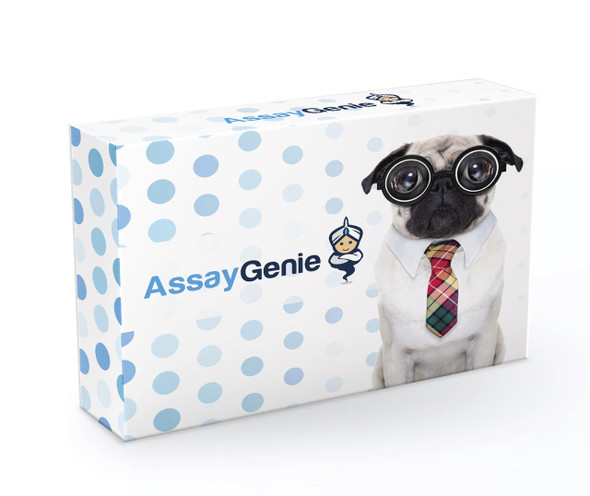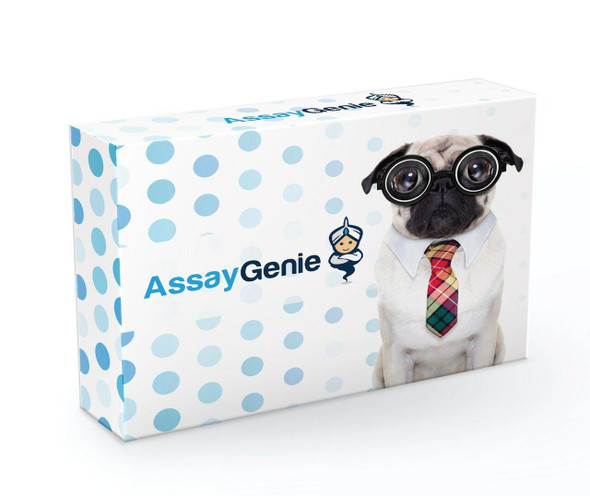Description
| Product Name: | Recombinant Mouse IFN-beta Protein |
| SKU: | RPCB1244 |
| Size: | 10µg |
| Tag: | No-tag |
| Reactivity: | Mouse |
| Protein Description: | High quality, high purity and low endotoxin recombinant Recombinant Mouse IFN-beta Protein , tested reactivity inPichiaand has been validated in SDS-PAGE.100% guaranteed. |
| Endotoxin: | <0.1EU/μg of the protein by LAL method. |
| Formulation: | Lyophilized from a 0.22 μm filtered solution of PBS, pH 7.4. |
| Gene ID: | 15977 |
Interferon beta (IFN-beta ), also known as fibroblast IFN, is a secreted, approximately 22 kDa member of the type I interferon family of molecules . Mature mouse IFN-beta shares 75% and 47% amino acid sequence identity with the rat and human proteins, respectively. Fibroblasts are the major producers of IFN-beta, but it can also be produced by dendritic cells, macrophages, and endothelial cells in response to pathogens . It is transcriptionally regulated by TRAF3, IRF3, IRF7, and NF-kappa B . IFN-beta -deficient mice show increased susceptibility to experimental autoimmune encephalomyelitis (EAE), a disease model of human multiple sclerosis (MS) . Furthermore, IFN-beta has been shown to suppress the Th17 cell response in both MS and EAE and has commonly been used as a treatment for MS . IFN-beta can additionally induce the expression of the anti-inflammatory cytokine IL-10 .
| Storage: | Store at -20℃.Store the lyophilized protein at -20℃ to -80 ℃ up to 1 year from the date of receipt.After reconstitution, the protein solution is stable at -20℃ for 3 months, at 2-8℃ for up to 1 week. |
| Reconstitution: | Centrifuge the vial before opening. Reconstitute to a concentration of 0.1-0.5 mg/mL in sterile distilled water. Avoid vortex or vigorously pipetting the protein. For long term storage, it is recommended to add a carrier protein or stablizer (e.g. 0.1% BSA, 5% HSA, 10% FBS or 5% Trehalose), and aliquot the reconstituted protein solution to minimize free-thaw cycles. |
| Swiss-Prot: | P01575 |







